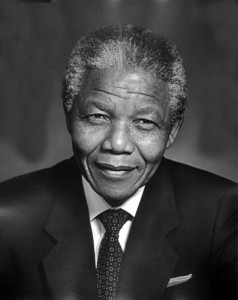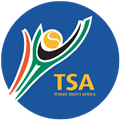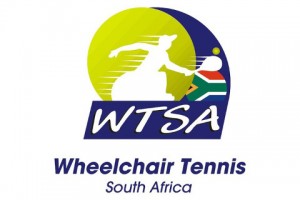The South African Medical Association (SAMA) says the criminalisation of medical practice does not prevent human error, and that a transparent, fair, and consistently applied process must be used feel either unsafe or that the potential for a possible adverse outcome may constitute an unavoidable risk to themselves, or if they feel that there is a significant risk of criminal charges being laid, despite following accepted practice, the knock on effects are immense.
These are:
• The decisions by prospective and current doctors to either enter or stay in the medical profession
• The significant danger that doctors will become risk averse and avoid intervention, resulting in life-saving procedures being withheld
• The leading to excessive diagnostic interventions and increase in the cost of healthcare
• The potential refusal of doctors to provide interventions when necessary. This type of healthcare risks doctors becoming paralysed in their decision making
SAMA says doctors who commit criminal acts which are not part of patient care must remain liable to criminalisation as all other members of society. Serious abuses of medical practice must be subject to the law, usually through professional regulatory processes.
It notes that countries such as the United Kingdom classify a separate level of Gross Negligence which implies a severe deficiency in the expected level of care provided by a doctor.
However, events that cause, or may cause, patient harm should be reported promptly and investigated thoroughly using established techniques to identify all possible causes and contributory factors.
Medication facilities, risk management, patient factors and organisational leadership are all partially accountable in determining whether negligence has taken place and to help determine the appropriate actions to help prevent further human error and ensure safe patient care.
In relation to the criminalisation of the medical profession, SAMA recommends:
1. Opposing the criminalising medical judgment.
2. Opposing the criminalising of medical decisions, including a doctor’s variance from guidelines and standards.
3. Implementing action plans to alert leaders, elected officials, and the media about the detrimental effects on healthcare that result from criminalising medical decision making.
4. Supporting doctors’ right to professional autonomy and self-regulation.
5. Developing a culture of shared accountability and leadership.
6. Developing a framework to be utilised in future to protect doctors and their patients.
Further to the above, please see the following for additional resources about the criminalisation of the medical profession








